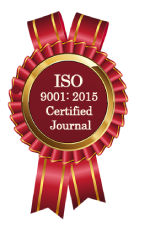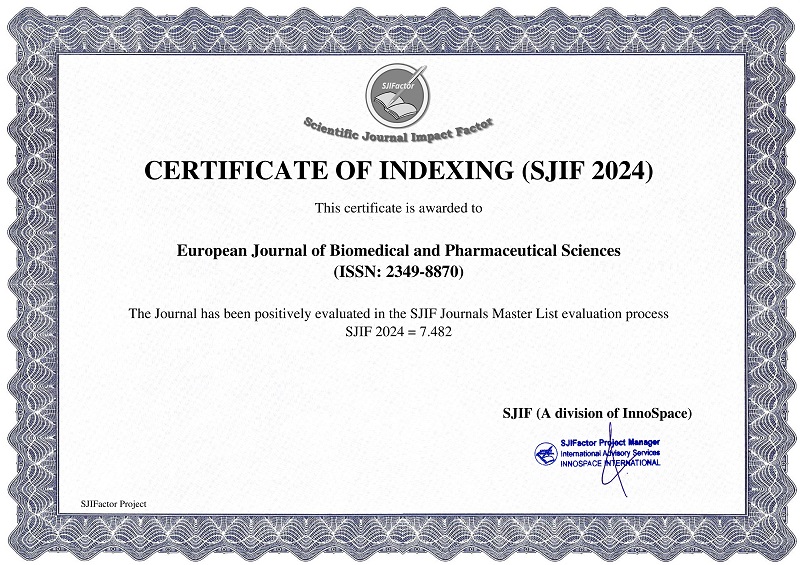HAEMOVIGILANCE: IT?S IMPLICATION - A CROSS SECTIONAL STUDY IN A TERTIARY CARE AND SOME URBAN HOSPITALS, PERAMBALUR
Dr. Surendra Kumar Bouddh*, Dr. M. Saravana Kumar and Dr. M. Suresh
ABSTRACT
Introduction: According to the sound knowledge of the nature, adverse effects of blood transfusion is essential in order to detect known and previously unknown adverse effects of current or new blood components can be monitored by means of central registration of transfusion reactions in a timely manner. Objectives: To evaluate the awareness and implication of the existing haemovigilance programme of India, in a Tertiary care Hospital and of some urban hospitals blood banks of Perambalur district. Study Type: It was a questionnaire based, cross sectional study, incorporated knowledge, practices and attitude based questionnaire from the area of Haemovigilance. Study Subjects: Total 100 Healthcare professional (HCPs), like, Pathologist, General Medicine Physician, Pediatrician, Surgeon, Orthopedician, Anesthesia, Obstetrician, Casualty Medical Officer, Blood bank in-charge, Junior and senior residents who were involved to provide emergencies medical services, i.e., whose services depends on routine blood or blood product transfusion, attempted the questionnaire. Results: The enrolled 100% healthcare professional were concerned with the routine blood or blood transfusion activities, 38% HCPs were familiar about the terminology “Haemovigilance”, 30% HCPs knew partially about some blood or blood product included in the definition of haemovigilance. The out of 100 HCPs, 67% doctors, 10% nurses, 5% hematologist, 7% anesthetist, 3% surgeon; pediatrician; obstetrician; physician, and 8% medical and Paramedical staffs responded that, these HCPs can report transfusion associated adverse reactions. The only 19% HCPs responded that Registered blood bank under HvPI can report transfusion associated adverse reactions. The only 14% HCPs responded that Haemo-vigil software used to report transfusion associated adverse reactions. The only 8% HCPs were aware about the eighteen parameters are included in the TRRF. All the HCPs were not reported blood transfusion associated adverse reaction within last 3 years of their practice to the National Coordinating Centre of HvPI. Only 3% HCPs were attended WORKSHOP/CME/SEMINAR/CONFERENCE on the area of the transfusion related adverse reactions reporting. Only 1% HCPs knew that the transfusion associated reactions should be reported to the district authority according to the NACO (National AIDS Control Organization) system. Only 11% HCPs were aware about the NACO has already prescribed standard form for the reporting transfusion associated reactions. Within last three years only 4% HCPs were reported the transfusion associated reactions which were out of 30 transfusions and this reporting was according to the NACO guidelines. Conclusion: According to the obtained results; it is noticed that the haemovigilance programme of India is in infancy state, only, 19% healthcare professionals were familiar about the terminology “Haemovigilance” and even no one aware about how and where transfusion related adverse reactions should be reported. Thus, much more awareness programme haemovigilance should be conducted among the healthcare professionals.
Keywords: Haemovigilance, Haemo-vigil, Transfusion Related Reporting Form, HvPI, NACO (National AIDS Control Organization).
[Full Text Article]
[Download Certificate]


 Impact Factor : 8.181
Impact Factor : 8.181 






